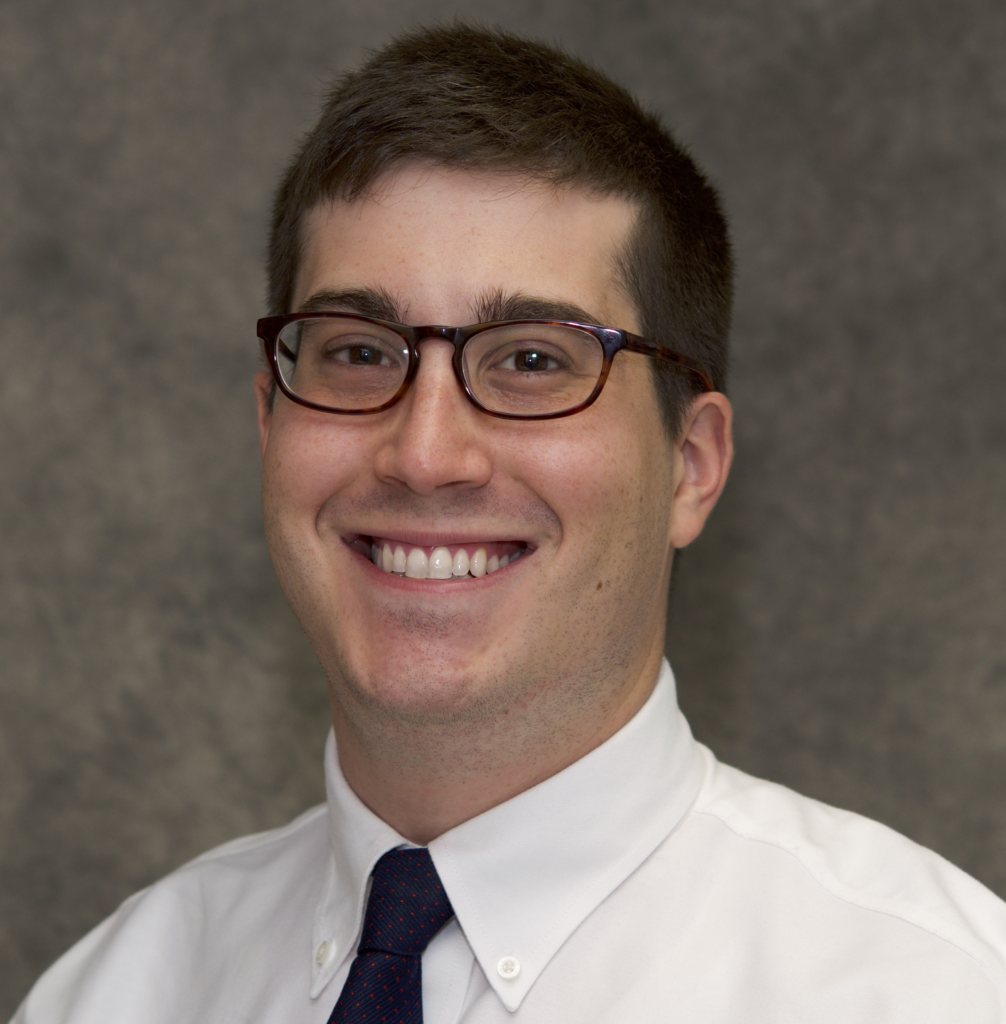When you go about testing everyone for everything, you don’t create a world of healthy people….you create a nightmare where everyone is sick
 While reading “Bad Blood,” John Carreyrou’s recent exposé of the rise and fall of laboratory startup Theranos, whose principals were recently indicted by a grand jury on charges of wire fraud, I kept coming back to the old Monty Python sketch about the cheese shop. In the sketch, a man walks into a cheese shop, requesting to purchase some gourmet Red Leicester. He’s informed they’re fresh out. So he settles for some Tilsit. No luck either. Soon, he finds out the shop doesn’t actually have any cheese at all. As John Cleese puts it, it’s a beautiful and clean cheese shop primarily because it’s “uncontaminated by cheese.”
While reading “Bad Blood,” John Carreyrou’s recent exposé of the rise and fall of laboratory startup Theranos, whose principals were recently indicted by a grand jury on charges of wire fraud, I kept coming back to the old Monty Python sketch about the cheese shop. In the sketch, a man walks into a cheese shop, requesting to purchase some gourmet Red Leicester. He’s informed they’re fresh out. So he settles for some Tilsit. No luck either. Soon, he finds out the shop doesn’t actually have any cheese at all. As John Cleese puts it, it’s a beautiful and clean cheese shop primarily because it’s “uncontaminated by cheese.”
Time and again, Theranos showed off their clean, high-tech shop to anyone who would pay attention: investors, journalists, the military, drug and grocery stores, even Vice Presidents. Turns out, it’s easy to craft a futuristic vision of convenient, affordable laboratory testing if you don’t actually have to run any tests. In his book, Carreyrou describes all the hopeful, but false promises Elizabeth Holmes and her boyfriend-cum-business partner Sunny Balwani made to solicit investments and business partnerships. Silicon Valley is the land of “transformative” visions, but no one seems to have expected that showmanship could deteriorate into fabricating financial reports or crafting live demonstrations inspired more by the Wizard of Oz than Steve Jobs.
Many will read Bad Blood for the rubber-necking appeal of watching somebody else’s car wreck. But as a pathologist, the source of tension for me was not Theranos’ failure, but the fear over what would have happened had they succeeded. The vision Holmes presented, which garnered her so much attention and funding, was a world in which patients could easily have cheap panels of blood tests performed at home, ultimately facilitating earlier diagnosis of medical conditions. In her TED talk, Holmes said, “My own life’s work in building Theranos is to redefine the paradigm of diagnosis away from one in which people have to present with a symptom.” Bad Blood describes dreams of identifying breast cancer before it shows up on mammograms. Holmes once even suggested her testing could detect pancreatic cancer “17 years before a tumor forms.”
The reality is the tests Theranos did end up performing were plagued by poor quality control, leading, for example, to erroneous PSA results and panicked patients concerned they had prostate cancer. As someone who spends his days diagnosing cancer, reading these stories didn’t feel like watching someone else’s car wreck—it felt like a reflection of my own. Patients suffer the false fears of prostate cancer every day in medicine, even when the PSA test is done right.
For many in the tech community, a world where people receive a constant stream of health data is a medical utopia, one which would allow them to notice disease at its first biochemical perturbation. Manipulating biology, however, is not software engineering, and a deterministic approach to medicine has caused us harm as well as benefit. The idea that diseases smolder within us—silent but treatable—only to emerge later in more advanced, deadly forms is appealing, and, of course, partly correct. But as doctors have expanded our hunt for asymptomatic conditions, we’ve discovered that not all early diseases become advanced ones. Some remain indolent, while others can even regress. We’ve learned that we create a lot of anxiety by performing widespread, false-positive prone testing on healthy people, such as with mammograms and PSA screening. Worse, many of the “real” positives are indolent cancers, and treating everyone doesn’t actually prolong most people’s lives. We are currently in the midst of a man-made epidemic of “overdiagnosis.”
When you go about testing everyone for everything, you don’t create a world of healthy people. Quite the opposite, you create a nightmare where everyone is sick. As we’ve developed more technologically-advanced imaging and lab tests, for example, the number of thyroid cancer diagnoses has gone through the roof. Despite all these new “cancer survivors,” about the same number of people still die from thyroid cancer every year. Medicine is frequently disparaged for treating patients only after they present with symptoms—Holmes certainly got mileage out of it—but, in many cases, this happens to be a prudent way to identify those who really need the help.
Plenty of real companies are still carrying the “early detection” baton. Techno-optimism and bio-naiveté still mix within Silicon Valley’s veins, even as doctors are taking the problem of overdiagnosis more seriously. Sure, it’s easy for startup wunderkinds to promise us their new tests will be different: more sensitive yet somehow less prone to overdiagnosis and false positives. But until we demand rigorous scientific studies before we start adopting these tests, and until we recognize all diagnosis comes with a risk of overdiagnosis, we’re just telling the world we want another Theranos—another beautiful, clean shop untarnished by the reality of medicine’s tradeoffs.
Benjamin Mazer is a resident in the pathology at Yale-New Haven Hospital. His views are his own, and don’t represent those of his employer. Twitter @BenMazer
Competing interests: None declared.
